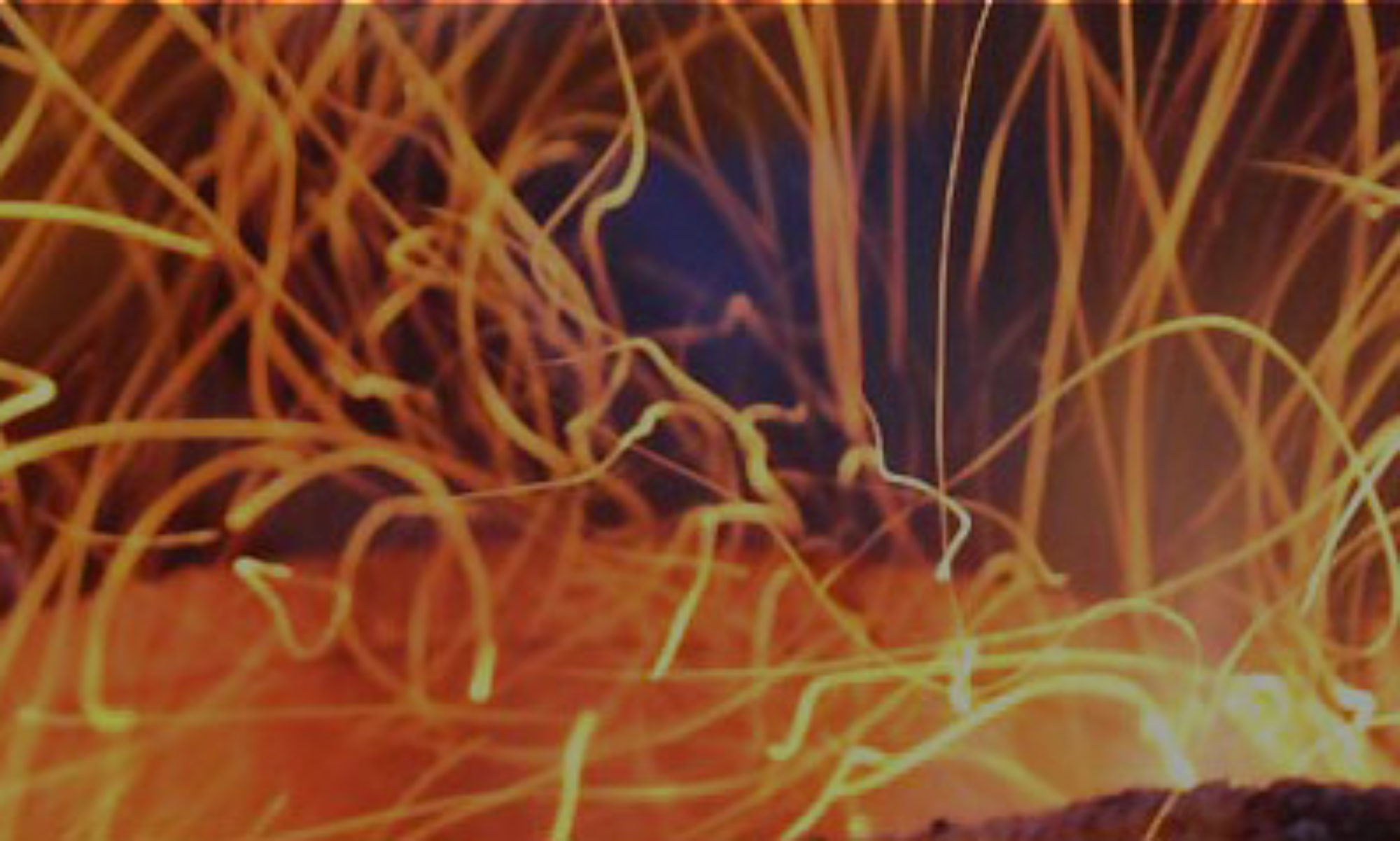OK, so I recently started working for CIRCLE (http://www.civicyouth.org) and one of my first tasks was to share data and analysis on a recent poll on young Americans 18 to 29 and their attitudes towards the upcoming election , leading policy issues, their involvement with civic organizations, methods that influence their voting behavior and a range of other questions. The data and initial post about this poll can be found here — http://www.civicyouth.org/romney-trails-among-young-adults/.
Continue reading “Seeking “Truth”: My Process for Critically Assessing Information”
